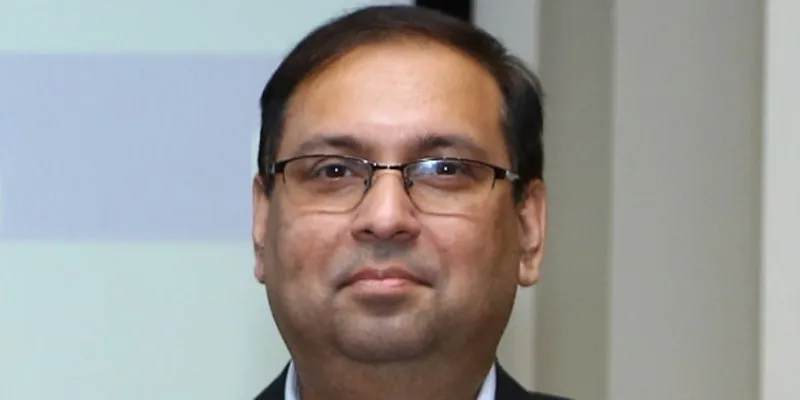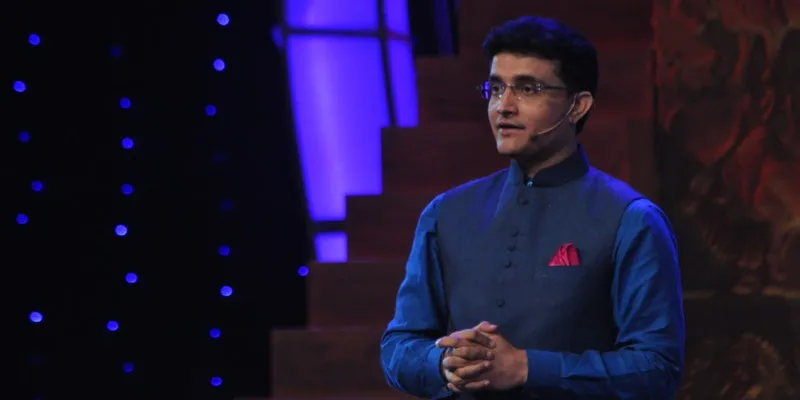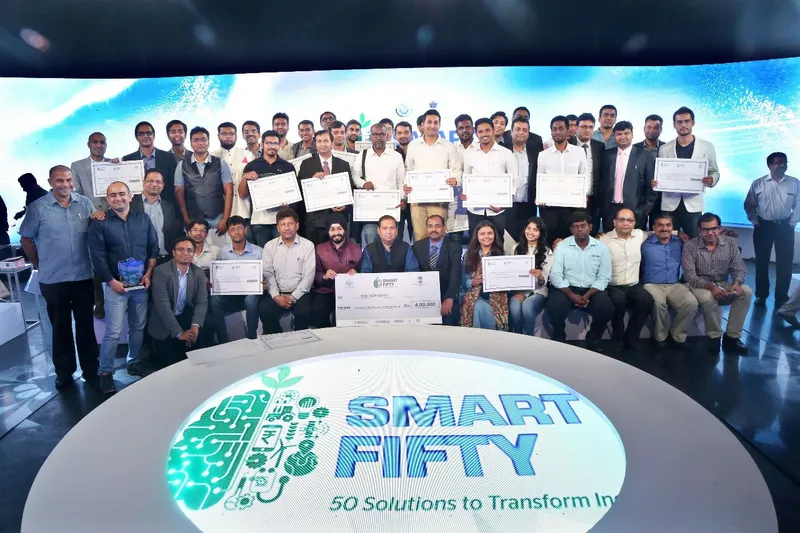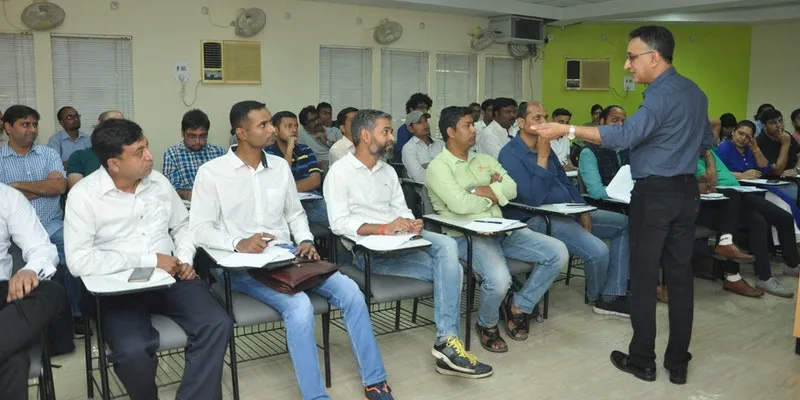If you have a social entrepreneurship dream, IIM-Calcutta can help you realise it
IIM-Calcutta Innovation Park, the B-school’s incubator, was set up in 2015 to promote social entrepreneurship in East and Northeast India. Since then, it has incubated 40 startups that have generated 1,000 direct and 10,000 indirect jobs.
IIM-Calcutta Innovation Park, the B-school’s incubator, started full-fledged operations in 2015, and has incubated 60 startups since. All incubatees have one thing in common: they are all from the social entrepreneurship space.
IIM Innovation Park CEO Subhrangshu Sanyal explains, “You see, we are not looking for unicorns but social unicorns, and we actively hunt for them. We would rather have the startup impact a billion people than obsess over billion-dollar revenue.”
The innovation centre aims to develop an ecosystem, with a special focus on the East and the Northeast. For this, it has tied up with several state governments to promote social entrepreneurship in the region.
“While we help build for-profit startups, it is important that they have an impact-first focus,” says Subhrangshu, an IIM-C alumnus himself.

IIMC Innovation Park CEO Subhrangshu Sanyal
The incubator is the knowledge partner for several departments in the West Bengal government. It also has tie-ups with state governments in Assam and Mizoram as well as a memorandum of understanding (MoU) with the Sikkim government. While the focus is on the East and the Northeast, it is not restricted to these regions only. Startups from any part of the country can become an incubatee.
“Our aim is that whoever we incubate should be able to raise funds or be self-sustainable in 18-24 months,” Subhrangshu says.
The centre does not fund the startups; it opens up funding avenues by connecting them with potential investors. It organises district-level outreach programmes through roadshows and awareness workshops in whichever state it goes to.
“The idea is to create a buzz. You find a lot of innovation in the districts. And they won’t come to you, you need to go to them,” Subhrangshu says.
Identifying entrepreneurial talent
IIM-Calcutta Innovation Park also conducts state-level hunts to identify innovation and entrepreneurial talent. The centre offers selected entrepreneurs a chance to get incubated at IIM-C. For those who do not want to come to the campus, the centre offers support by building a local ecosystem and facilitating the setting up of regional incubators.
For instance, the centre manages Assam’s state incubator on behalf of the state government. A seven-member team from IIM-C Innovation Park is stationed there.
Subhrangshu also speaks about Egiye Bangla (Bengal is ahead), a first-of-its-kind TV reality show on entrepreneurship that the centre helped organise in 2015-16.
The nine-episode programme that aired on Zee Bangla was sponsored by the West Bengal government; former India cricket captain Sourav Ganguly was the brand ambassador and host for the show.

Former India cricket captain Sourav Ganguly was the brand ambassador and host for Egiye Bangla
The TMC government in the state led by Mamata Banerjee had set up a Rs 200-crore corpus as seed fund for startups. The IIM-Calcutta Innovation Park conducted outreach programmes and a district-level hunt to identify entrepreneurs for the show. It also conducted a bootcamp for selected candidates and were instrumental in putting together the TV show.
Last year, the centre conducted a national entrepreneurship challenge called ‘Smart Fifty’ in association with the central government’s Department of Science and Technology to identify the top 50 smart and sustainable solutions to transform India. The initiative to encourage entrepreneurship-driven social development was in the format of a televised contest and was aired on NDTV.
“The idea was to discover and reward 50 smart ideas across targeted sectors that could help transform the country through wealth creation and employment opportunities along with efficient solutions to social problems,” Subhrangshu says.
Over Rs 21 crore was up for grabs via cash grants and other benefits during the contest. He adds that there are plans to organise the contest again and that timelines are being worked out.

The centre conducted a national entrepreneurship challenge called ‘Smart Fifty’ last year
Involving IIM-C students
Although the percentage of students at IIM-C taking up entrepreneurship right out of campus is very low, Subhrangshu says many are actively involved with the incubation centre and work with incubatee startups to solve their problems and challenges. Along the way, they acquire valuable management skills.
Explaining why students do not start up from campus, he explains: “It is difficult for students to pay off the student loan for the course (the fee is around Rs 25 lakh) and establish a startup at the same time.”
While the involvement was informal so far, from this academic year involvement with the incubator’s startups is being introduced as a credit for the one-year executive MBA course. “It will be a formal internship from this year on, where students can learn and earn credits,” Subhrangshu says.

A workshop by IIM Calcutta Innovation Park
IIM-Calcutta currently has 40 startups as part of its incubator, and last year they cumulatively generated Rs 110 crore in revenues. They are spread across 20 states and have raised more than Rs 50 crore in cumulative funding. Over 40 per cent of the startups crossed Rs 1 crore in annual turnover.
“But the more important thing is the impact they generated through 1,000 direct and 10,000 indirect jobs,” says Subhrangshu, with a look of pride on his face.
(Edited by Teja Lele Desai)











